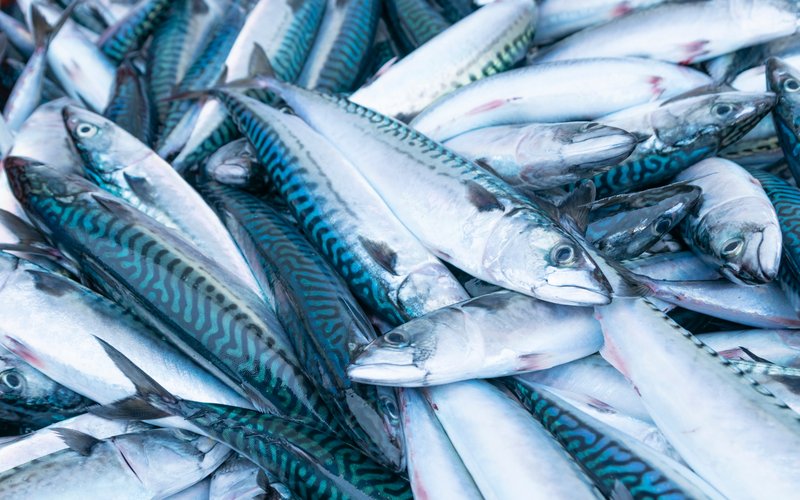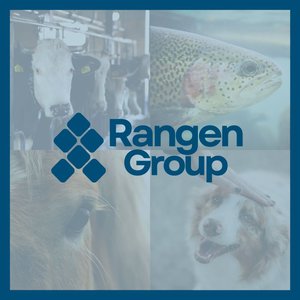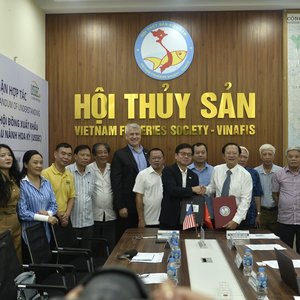New evidence and advice have been released from the International Council for Exploration of the Seas (ICES), outlining the status of key pelagic fisheries in the North East Atlantic.
The North East Atlantic mackerel stock has reached its lowest level for over 20 years. Scientists have recommended a 77% reduction in catches compared to the previous year. Catches have been higher than the scientific advice in every year but one since 1998, and have been 33% beyond what science considers safe limits each year on average for the past decade.
In addition, Atlanto-Scandian herring and North East Atlantic blue whiting have also seen substantial stock declines.
The North Atlantic Pelagic Advocacy Group (NAPA), a market-led coalition of over 50 global retailers, food service companies and suppliers, has been working since 2020 to drive sustainable, science-driven management of mackerel, alongside the two other key pelagic fish stocks in the North East Atlantic (blue whiting and Atlanto-Scandian herring). Highlighting the importance of the issue, NAPA emphasizes the impact of poor management of these key stocks on the entire seafood market, the fishing industry, and the health of the wider North East Atlantic ecosystem. The group is calling urgently for international quota-sharing agreements to bring mackerel catches back into line with scientific advice and reduce pressure on the struggling species.
Aoife Martin, NAPA Independent Chair, said that “the latest update on the state of the mackerel stock is shocking, but not surprising. As the voice of the marketplace, NAPA has been calling for action to address this issue for five years. During that time, excess catches have totaled over 1 million tonnes above the scientific advice. It has proven inevitable that there would be stark consequences not only for the species, but for all who depend on it for their livelihoods.”
NAPA is leading a groundbreaking Fishery Improvement Project (FIP) that aims to drive political action towards a comprehensive sharing arrangement, keeping total catches within scientific limits. Success could see the fishery regain its MSC certification, which it lost in 2019. The group has also identified interim steps that all coastal states can take to reduce fishing pressure while working towards an agreement, in recognition of the time needed for international political negotiations. This includes limiting high seas catches to 10% of total catches, focusing on human consumption for the use of whole mackerel, and limiting banking and borrowing, in which countries bring forward or push back certain amounts of quota between years, to 10% of the annual total.
Aoife Martin continues: “It was clear from coastal states' discussions last week that there is a willingness from the parties involved to find solutions, to the extent that there are several proposals on the table, although not yet any one proposal that all states endorse. The severity of the state of the stock should serve as a jolt to get the next round of negotiations on track towards a meaningful compromise, and an agreed position for sustainable fishing.”
NAPA’s solutions-focused FIP is designed to encourage collaboration and compromise between coastal states, paving the way for political consensus. However, the FIP ends in April 2026. If coastal states have not delivered sufficient improvements in management by then, the group warns that its members will be forced to seriously reconsider their pelagic sourcing decisions, potentially looking to other species and regions with a more dependable future.
Martin continues, “Our partners, from processors to distributors to retailers, are absolutely committed to seeing North East Atlantic mackerel return to its previous healthy state, and we will leave no stone unturned in our search for solutions. But we can’t wait forever. If coastal states don’t deliver a comprehensive catch-sharing agreement within the next six months, many of our partners will face difficult decisions about where to source their products. Coastal states must work together: it is the only way to safeguard the future of North East Atlantic mackerel and the ecosystems, businesses, and communities that rely on it.”










